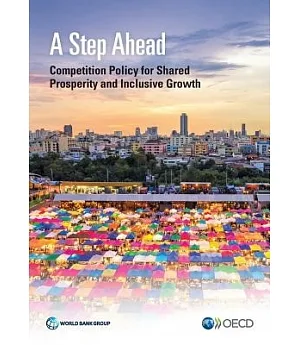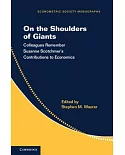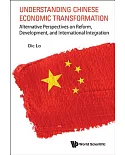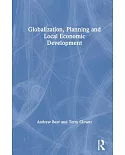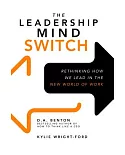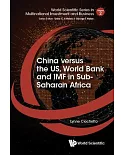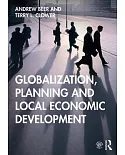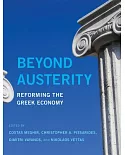Sustainable economic development has played a major role in the decline of global poverty in the last two decades. There is no doubt that competitive markets are key drivers of economic growth
and productivity. They are also valuable channels for consumer welfare. Competition policy is a powerful tool for complementing efforts to alleviate poverty and bring about shared prosperity.
An effective competition policy involves measures that enable contestability and firm entry and rivalry while ensuring the enforcement of antitrust laws and state aid control. Governments from
emerging and developing economies are increasingly requesting pragmatic solutions for effective competition policy implementation and recommendations for procompetitive sectoral policies. This
book puts forward a research agenda that advocates the importance of market competition, effective market regulation, and competition policies for achieving inclusive growth and shared
prosperity in emerging and developing economies. It is the result of a global partnership and shared commitment between the World Bank Group (WBG) and the Organisation for Economic Co-operation
and Development (OECD).The first half of the book brings together existing empirical evidence on the benefits of competition for household welfare. It covers the elimination of anticompetitive
practices and regulations that restrict competition in key markets and highlights the effects of competition on small producers and on employment. It also looks at how competition can support
inclusive economic growth that benefits low-income households and sheds light on the linkages between competition, productivity and innovation, and macroeconomic effects. In its second half,
the book focuses on the distributional effects of competition policies and how enforcement can be better aligned with shared prosperity goals. It features novel research and empirical evidence
on the impact of anti-cartel enforcement on consumer welfare, the distributional effects of market power, the distributional macroeconomic effects of merger and cartel decisions, the links
between competition and income growth, and the impact of competition on innovation in developing and developed economies.

